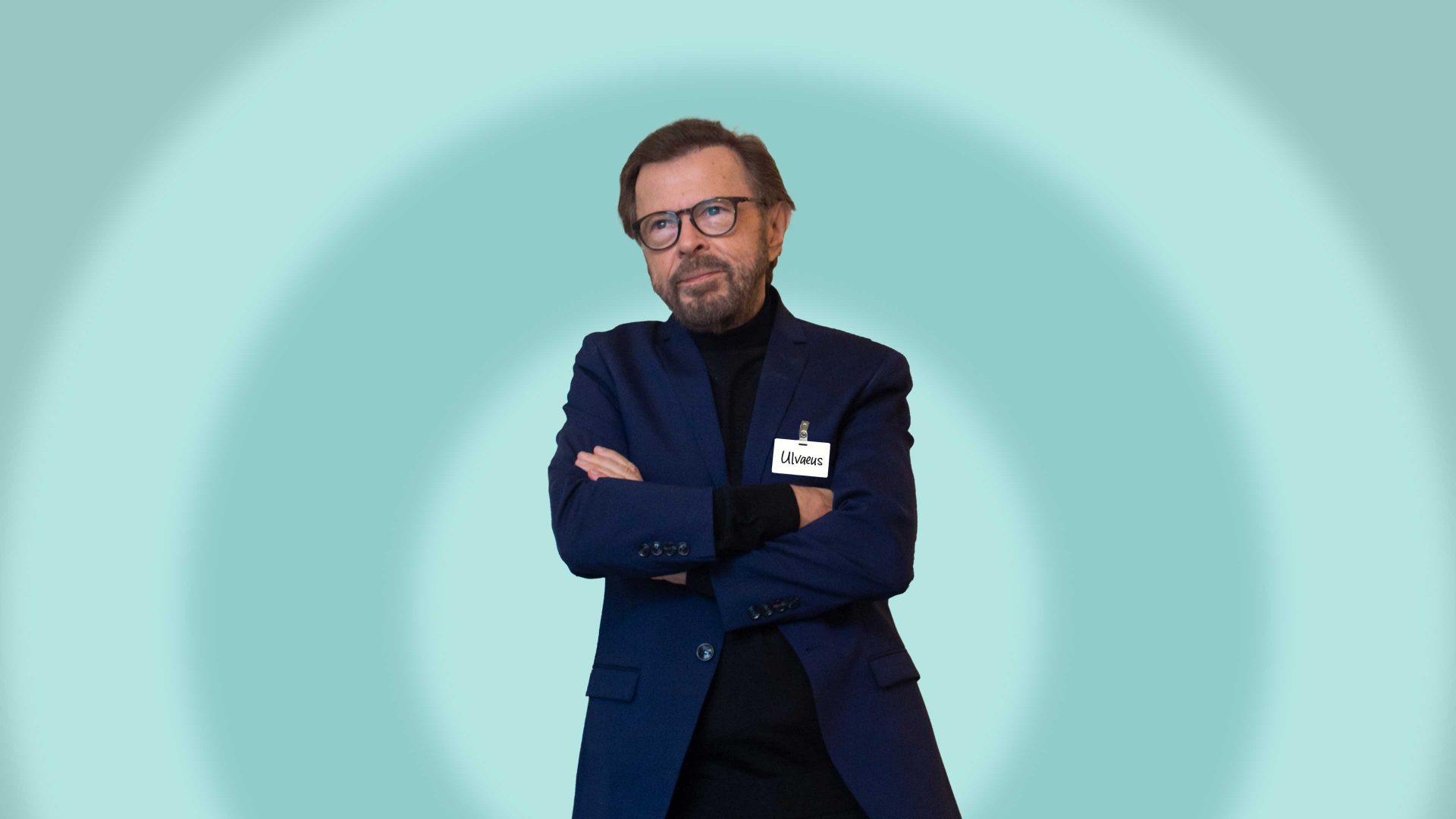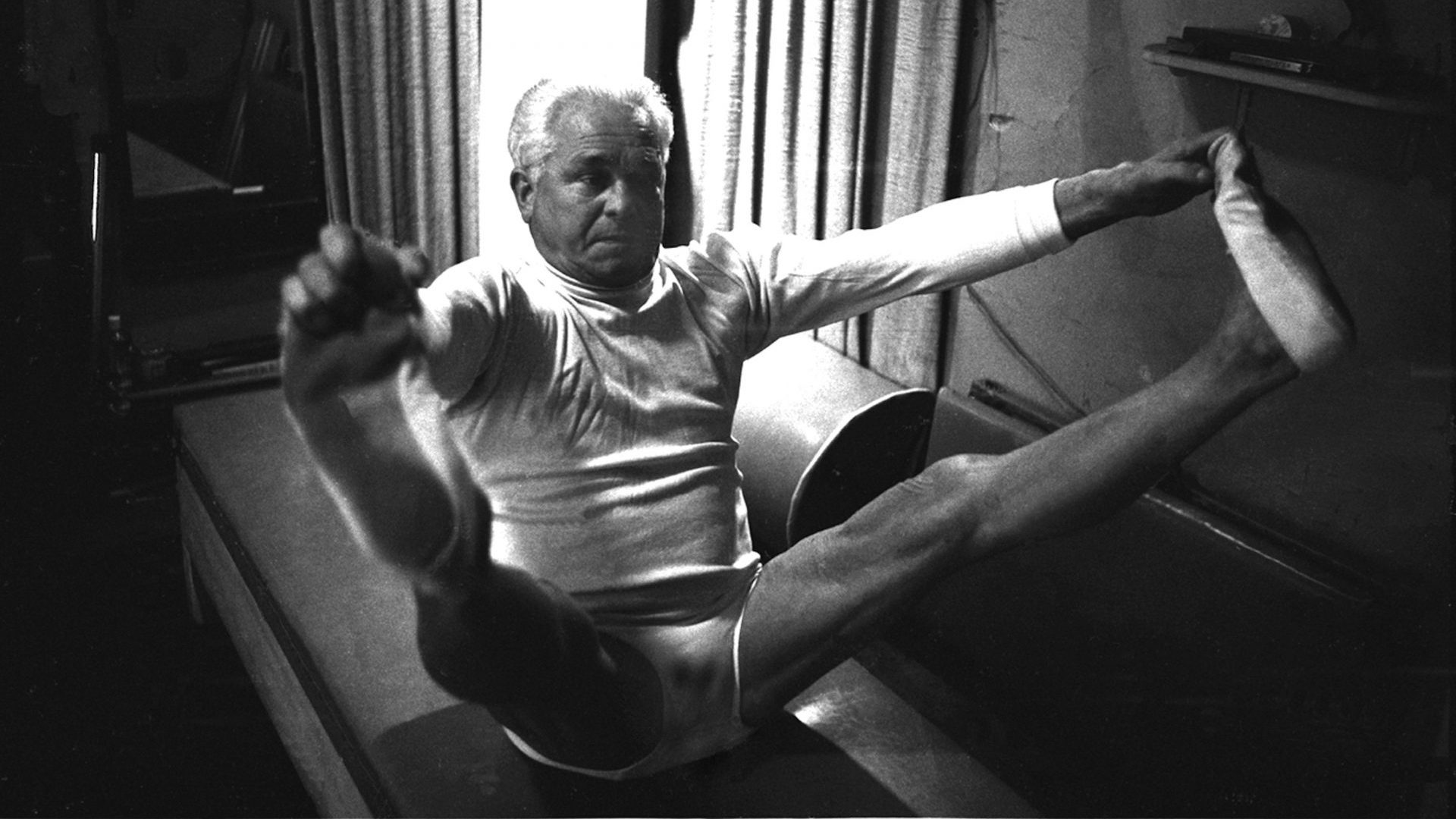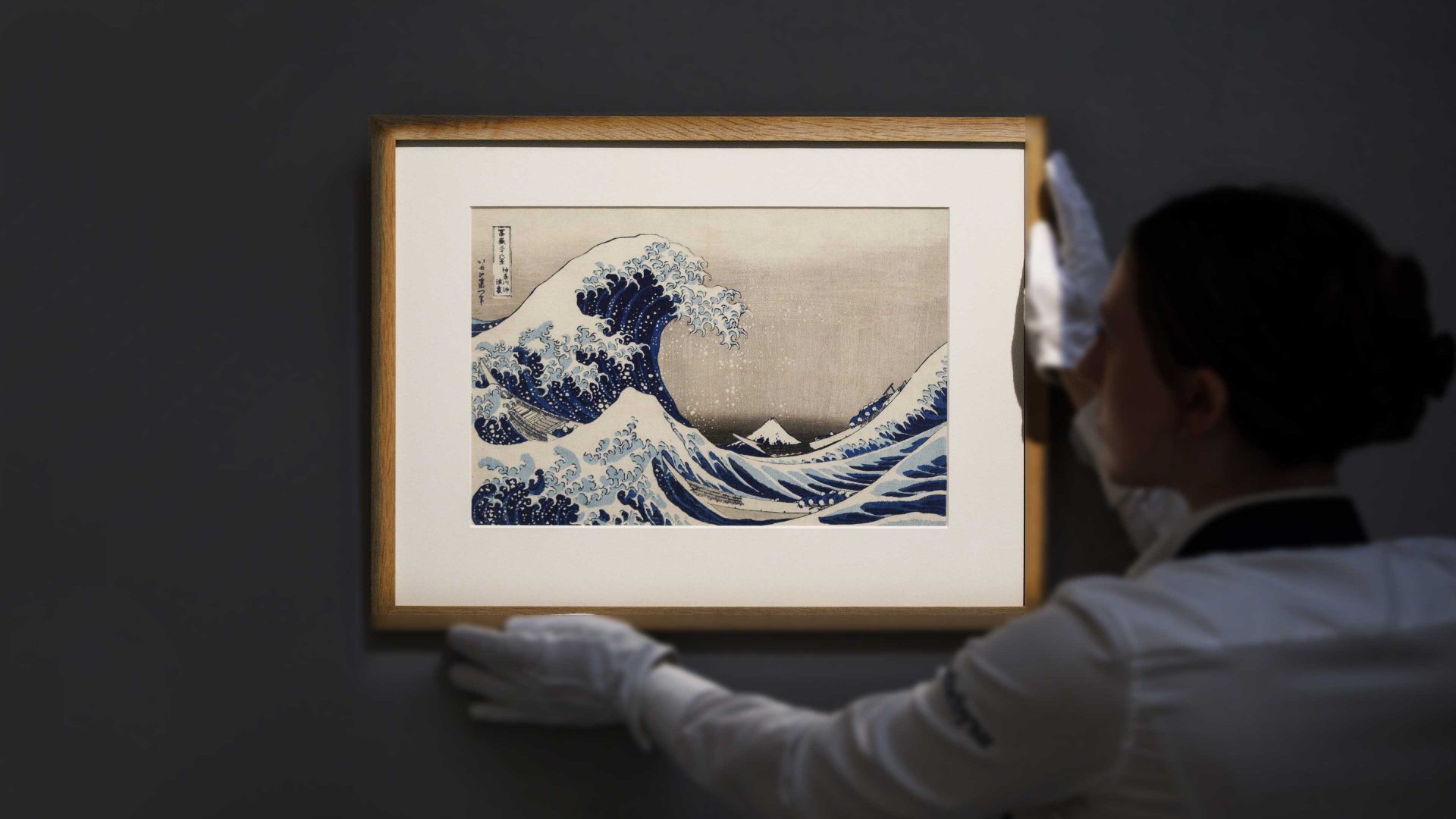Followers of women’s international football will know that one of the top teams is Sweden, ranked no 1 in the world. People may have noticed, too, that one of the best players in the Swedish team is called Emma Stine Blackstenius, who also plays in England for Arsenal.
The name Blackstenius seems strangely un-Swedish, especially when compared to Emma’s Swedish teammates: Larsson, Jakobsson, Blomqvist, Angeldahl, Anvegård, Rolfö … The question is: what is that rather odd -us sequence doing at the end of her family name?
But Emma is not alone in this respect. The same question could be raised about a member of that other famous Swedish team, ABBA. The four musicians constituting the group are: Agnetha Fältskog, whose family name is a compound of two Swedish words, fält ‘field’ and skog ‘wood’; Benny Andersson, who bears the most common Swedish surname of all; Anni-Frid Lyngstad, who was born in Norway and whose surname comes from a place-name in western Norway which translates as ‘heather town’; but then there is Björn Ulvaeus, who once again has this apparently un-Scandinavian -us at the end of his family name.
Another very well-known Swede who bore the same type of surname is the composer Jean Sibelius. He was not actually Swedish but was born into a Swedish-speaking Finnish family, and although he was christened Johan they called him Janne. Finland is officially a bilingual country, with both Finnish and Swedish having the status of official languages. Ninety per cent of the population speak Finnish, but there are two major areas of the country which have been predominantly Swedish-speaking for many centuries, one on the south coast and the other on the west coast.
The surname Sibelius stems from the Sibbe estate in Östra Nyland, on the south coast of Finland. But how and why did Sibbe give rise to Sibelius? Similarly, Blackstenius seems to be derived from the name of Emma’s father’s family farm, Blackstad. And how, as is apparently the case, did the place-name Ulfsäter, ‘wolf pasture’, turn into the family name Ulvaeus?
In Britain, we have used surnames since approximately the 1400s. But surnames are much more recent in much of Scandinavia: many Norwegians did not acquire surnames until the 1880s and, famously, Icelanders still don’t have them. So altering a surname is not necessarily such a big deal in Scandinavia as it could be here, where names have centuries-long pedigrees and we do not usually change them just because we feel like it.
In Sweden in the mid-1600s, there was a trend for some people to want their family names to sound more sophisticated and learned, and they decided to achieve this by Latinising their names, hence all the -us endings. These people were for the most part clergymen, scholars, scientists, professors, students and even high-school pupils.
Blackstenius and Ulvaeus are much more recent surnames, but members of these two families decided, for whatever reasons, that they wanted to become part of this long Latinising tradition. The practice of Latinising names was copied from scholars and others on the mainland of Europe. The famous mathematician and astronomer Nicolaus Copernicus was in truth a Pole whose real name was Mikołaj Kopernik.
And the tradition was not necessarily confined to surnames: the Dutch painter Hieronymus Bosch was originally called Jeroen Bosch.
ERASMUS
The famous Dutch Catholic scholar and humanist Erasmus, who lived from 1466 to 1536, was one of the most influential thinkers and writers that northern Europe has ever known. He is remembered today by his Latin name. His real name, however, was the very Dutch Gerrit Gerritszoon.




